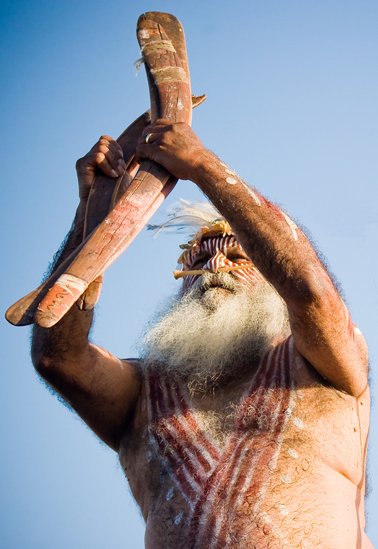History of Goolwa
Goolwa – name said to mean ‘elbow’ in Ngarrindjeri aboriginal language
Hindmarsh Island – named after first SA Governor Hindmarsh (aboriginal name Kumarangk) – only river-bound island with sea water on one side and fresh water on the other
Mundoo Island – The aboriginal name for Mundoo Island was Multungengun and means ‘of many sheoak boughs’
Currency Creek – named after schooner “Currency Lass”
Aboriginal Ngarrindjeri Culture
- Ngarrindjeri includes up to 18 language groups covering Lower Murray, Coorong and Lakes plus coastal parts of Encounter Bay
- Non-nomadic tribes as there were healthy populations of waterfowl, mussels, cockles, salt and fresh water fish, turtles, kangaroos, possums, native fruits and vegetables
- Ngarunderi is one of the great ancestral Dreaming ‘heroes’ in the oral history of the Ngarrindjeri people. The first published version of the Ngurunderi Dreaming appeared in an Adelaide newspaper in 1842, just six years after the colony of South Australia was proclaimed by the British.
- Camp Coorong (near Meningie) was established in 1985 as a location to develop better understanding of Ngarrindjeri traditions and their relationships to the land, waters, trees, plants and animals. They take groups on field trips and teach Ngarrindjeri basket-weaving techniques. Camping facilities also available. (8575 1557)
- In 2002, Alexandrina Council and the Ngarrindjeri entered into a Kungun Ngarrindjeri Yunnan (Listen to Ngarrindjeri People Talking) Agreement. The KNY Agreement was the first of its type entered into by the Ngarrindjeri Nation and any level of government.
For more information visit Ngarrindjeri Regional Authority


European History
White settlement began after Captain Charles Sturt explored the River Murray, ending at the Murray Mouth in February 1830.
Goolwa, originally known as Port Pullen, was surveyed in 1853.
Goolwa became Australia’s most important river port with paddle steamers towing barges from Victoria, Queensland and New South Wales laden with wool, grain and other produce and then returning with general supplies.
Goolwa's industries included breweries, a saw mill and a flour mill, as well as shipbuilding and repairs thanks to the boat builders from Cockenzie, Scotland.
Between 1853 and 1913, thirty seven paddle steamers and twenty three barges were built at Goolwa.
The Goolwa to Port Elliot railway was the first railway with iron rails built in Australia. It was originally horse-drawn not steam. The first part of the line was only seven miles long. The railway was officially finished on 18 May 1854, and in 1864 was extended to Port Victor (now Victor Harbor).
During 30 years of operation, the horse tramway carried over 600,000 passengers and some 250,000 tons of goods. It was converted to steam locomotion in 1885.
Dates of Significance for European Settlement
- 1802 Encounter between Matthew Flinders and Nicholas Baudin off Murray Mouth in Encounter Bay
- 1830 Captain Charles Sturt reached Murray Mouth for the first time
- 1831 Captain Collett Barker died at Barker’s Knoll, Murray Mouth
- 1840 Currency Creek surveyed as possible capital city and town of Goolwa named
- 1843 Donald McLean commenced farming sheep on Mundoo Island Station
- 1853 Goolwa is Australia’s first inland port (official declaration 1857)
- 1853 First steamers travel the Murray from Goolwa to Darling River – William Randell (Mary Ann) and Francis Cadell (Lady Augusta) challenge
- Goolwa Regatta Yacht Club – first regatta yacht club in Australia (some time prior to 1854)
- 1854 first iron rail public railway in Australia
- 1858 inter-colonial telegraph line (from Adelaide to Melbourne)
- 1858 first ferry linking Hindmarsh Island to mainland
- 1908 PS Oscar W built – celebrates birthday on the Sunday of the Labour Day long weekend
- 1935-40 Barrages built
- 1988 Signal Point opened by Prince Charles as an interpretive centre
- 1998 District Council of Port Elliot & Goolwa amalgamated with District Council of Strathalbyn to become Alexandrina Council
- 2001 Hindmarsh Island Bridge opened
- 2002 8 October - Kungun Ngarrindjeri Yunnan (KNY) Agreement signed by Alexandrina Council and the Ngarrindjeri Nation - committing to work together and offering a sincere expression of sorrow and apology to the Ngarrindjeri people
- 2007 Goolwa gains international accreditation as first Cittaslow (slow town) in Australia